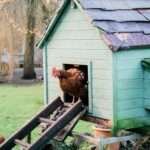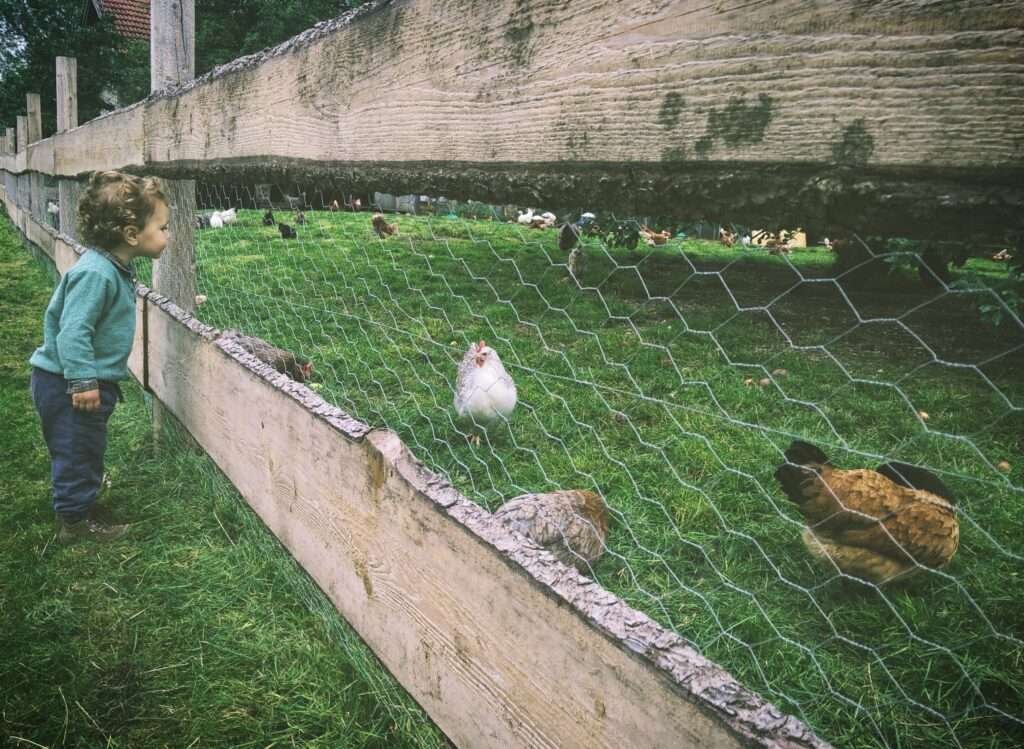
As you embark on the journey of building or fixing your chicken coop or run, one of the most critical considerations is selecting the right wire to ensure the safety and security of your beloved flock. Proper wire selection is vital in protecting your chickens from predators while preventing smaller birds from entering and potentially introducing diseases. In this comprehensive guide, we will help you make informed decisions on wire gauge thickness, mesh size, and cost-effective solutions, ensuring your coop is both functional and budget-friendly.
The Right Wire For Your Chicken Coop: Gauge Thickness
Wire gauge thickness plays a crucial role in determining the strength and durability of the wire used in your chicken enclosure. The gauge is measured numerically, with smaller numbers indicating thicker wires. For chicken coops and runs, common wire gauges range from 19 (1.06mm) to 12 (2.76mm).
The minimum gauge thickness you choose depends on the level of protection required for your flock and the coop’s location. In areas with high predator activity, opting for a lower gauge thickness can provide added security. On the other hand, if your coop is in a low-risk area, a slightly higher gauge can be sufficient.
Cost Consideration: When it comes to wire gauge thickness, the price increases with thicker wires. For example, a 19 gauge wire may cost around $30 to $40 for a small to medium-sized coop, while a 12 gauge wire may cost $60 to $80.
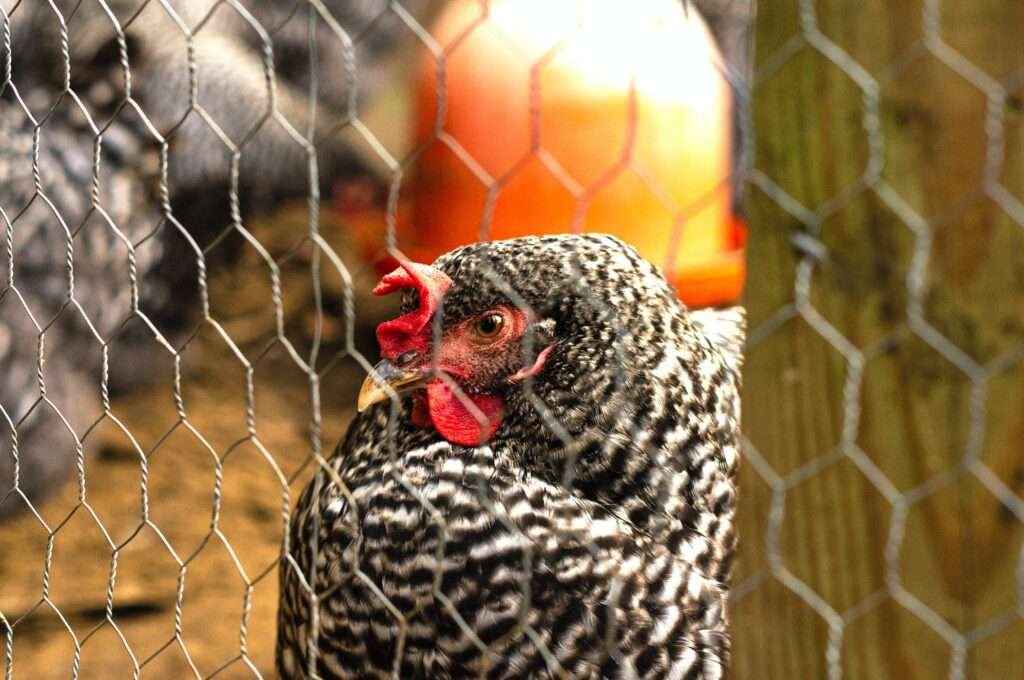
Selecting the Appropriate Mesh Size
Mesh size is equally important in preventing smaller birds and pests from accessing your chicken coop or run while allowing your chickens to move freely. Mesh size is measured in inches or millimeters, and it determines the effectiveness of your wire in safeguarding your flock.
To ensure your chickens’ safety, opt for a mesh size that effectively deters unwanted visitors without hindering your chickens’ mobility. Striking the right balance is key—too small a mesh may hinder ventilation and cleaning, while too large a mesh may allow smaller birds to enter.
Cost Consideration: Mesh size affects the overall cost of wire. For a cost-effective option, consider using a 1-inch mesh, which may range from $20 to $40 for a medium-sized coop.
Common Types of Wire for Chicken Coops and Runs
Various types of wire are commonly used in chicken enclosures, each with its own characteristics, strengths, and weaknesses. Some popular choices include welded wire, hardware cloth, and chicken wire.
- Welded wire: Known for its sturdiness and affordability, welded wire is a common choice for chicken coops and runs. It comes in different gauges and mesh sizes, making it versatile for various flock sizes and predator risks.
- Hardware cloth: Recognized for its excellent predator protection, hardware cloth is made from durable materials and features a smaller mesh size. While it may be slightly pricier, its added security can be well worth the investment.
- Chicken wire: A classic choice, chicken wire is more budget-friendly but may not provide the same level of protection as hardware cloth or welded wire. It is suitable for areas with low predator pressure or as a temporary enclosure.
Cost Estimate: Hardware cloth, known for its superior predator protection, may cost around $50 to $70 for a medium-sized coop.
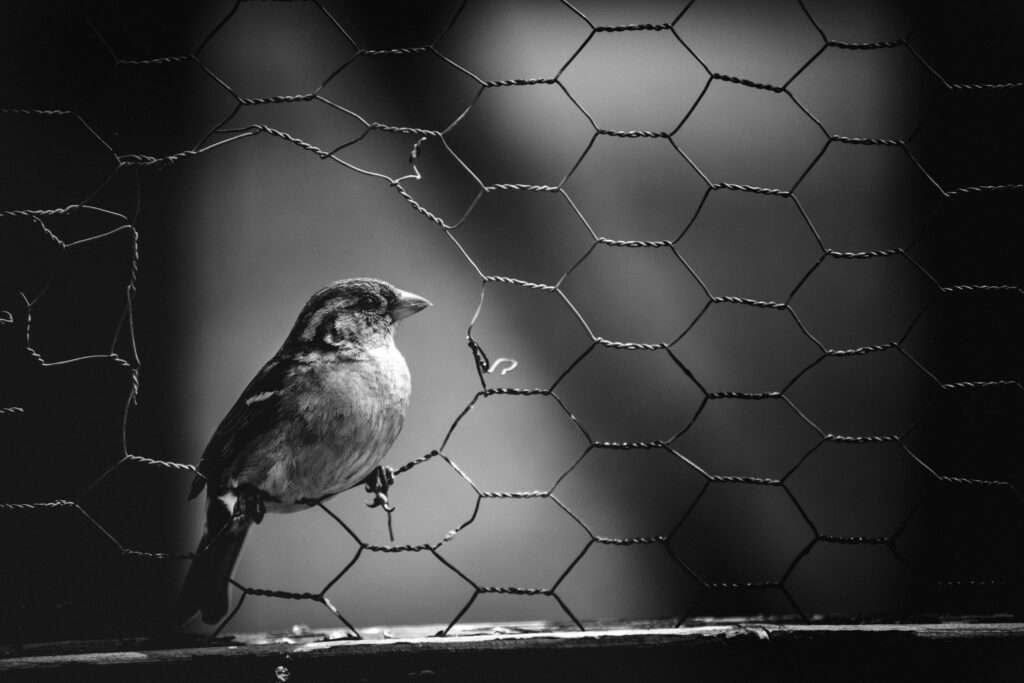
The Right Wire for Your Chicken Coop to Ensure Predator-Proof Security
One of the primary reasons for installing wire in your chicken coop or run is to protect your feathered friends from predators. Ensuring predator-proof security is crucial in safeguarding your flock and providing them with a stress-free environment.
Reinforcing Weak Points: Identify potential weak points in your coop, such as doors, windows, and gaps in the structure. Use secure wire with the appropriate gauge thickness and mesh size to reinforce these areas. Additionally, consider adding sturdy locks and fasteners to prevent any unauthorized access.
Burying Wire: Digging predators can be a significant threat to your chickens’ safety. To prevent them from burrowing into the coop, bury wire along the perimeter, ensuring it extends both above and below the ground surface.
Cost Consideration: Implementing additional hardware, such as locks and fasteners, may cost around $10 to $20.
Balancing Ventilation and Security
Proper ventilation is essential for maintaining a healthy environment within the chicken coop or run. While ensuring the security of your flock, it is equally crucial to balance ventilation to prevent heat stress and maintain adequate airflow.
Wire-Covered Vents and Windows: Incorporate wire-covered vents and windows in your coop’s design. This allows fresh air to circulate while keeping predators at bay. Consider installing adjustable vents to regulate airflow as needed.
Sufficient Air Gaps: Create appropriate gaps between wires to maintain optimal ventilation. Ensure that the mesh size allows for proper air circulation without compromising the coop’s security.
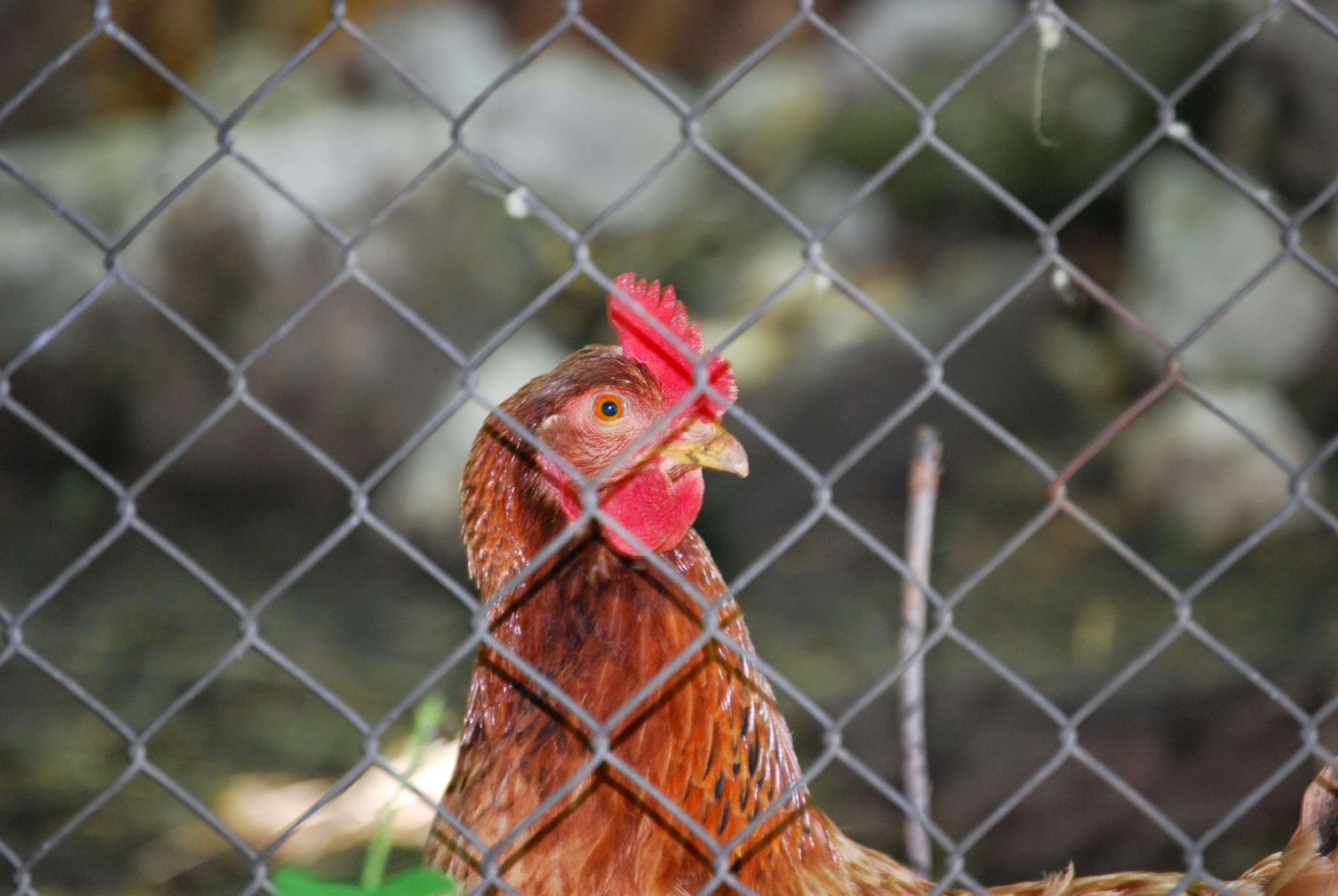
Cleaning and Maintaining Wire Enclosures
Proper cleaning and maintenance of your wire enclosures are essential for keeping your flock healthy and safe. Regular upkeep ensures the wire remains effective in its protective role and extends its longevity.
Cleaning the Wire: Regularly clean the wire to prevent debris buildup, droppings, and contaminants. Use mild cleaning solutions and brushes to maintain optimal functionality.
Inspecting for Wear and Damage: Routinely inspect the wire for signs of wear, rust, or damage. Replace any compromised sections promptly to ensure continued security.
Cost Estimate: Maintenance costs are relatively minimal and mainly include cleaning supplies and occasional wire replacement, which may amount to approximately $20 to $30 annually.
The Right Wire for Your Chicken Coop
Selecting the right wire for your chicken coop or run is a critical decision that ensures the security and well-being of your flock. By understanding wire gauge thickness and mesh size, you can provide your chickens with a safe and functional environment while staying within your budget.
While choosing cost-effective wire solutions, remember to prioritize predator-proof security and proper ventilation. Reinforce weak points, bury wire to prevent digging predators, and ensure adequate airflow through wire-covered vents and windows.
Regularly cleaning and maintaining your wire enclosures will further extend their life and effectiveness in protecting your flock. By investing in the right wire and following best practices, you can confidently build or fix your chicken coop or run, providing your feathered friends with a safe and happy home for years to come. Happy coop building and chicken keeping!



